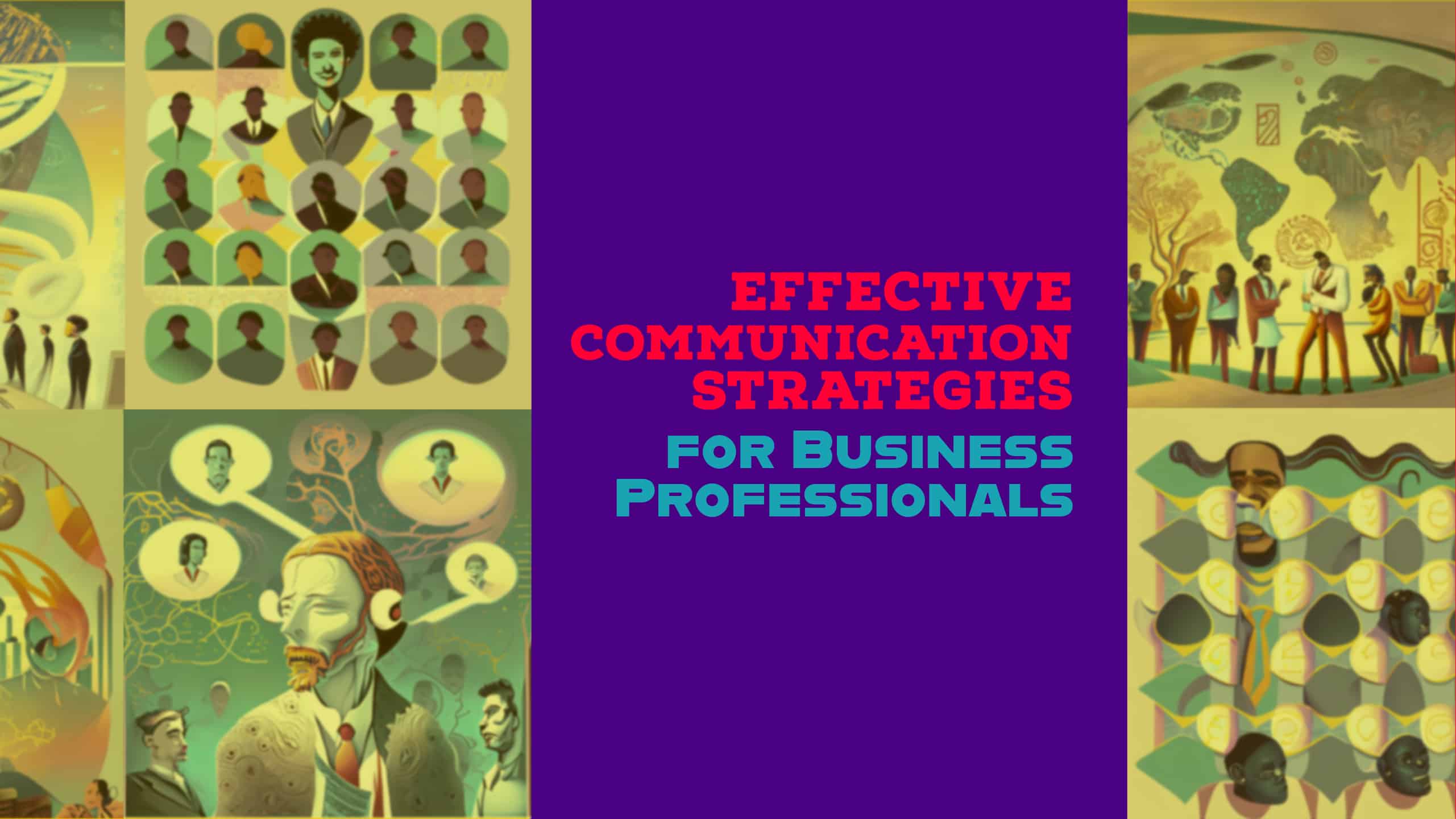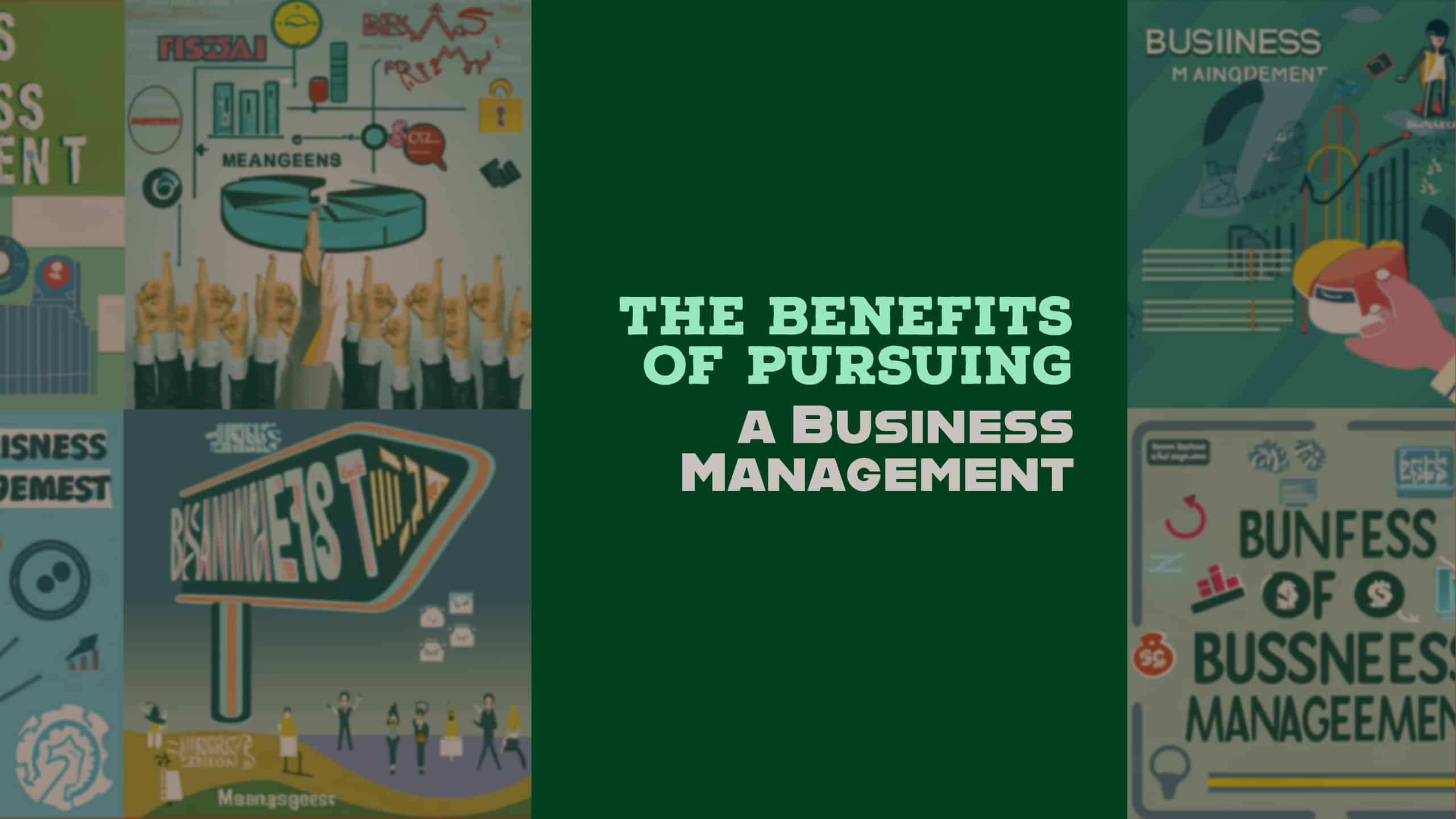TL;DR: Effective Communication Strategies for Business Professionals
- Effective Communication in Global Business: Mastering business English is crucial for navigating the diverse global marketplace and understanding different worldviews.
- The Power of Listening and Market Research: Active listening and informed market research are key to tailoring communication strategies to audience needs and preferences.
- Impact of Branding and Advertising: Strong communication skills are essential for creating impactful branding and advertising campaigns that resonate with consumers.
- Benefits of Business English Courses: Enrolling in business English courses enhances cultural fluency and professional communication, vital for global business success.
In our rapidly evolving global economy, the art of communication has never been more critical for business professionals. It’s not just about speaking; it’s about connecting, understanding, and making oneself understood across diverse cultures and languages. Here, we delve into the essence of business English and its significance in crafting successful communication strategies that propel businesses forward. Have you ever wondered how effective communication can shape your professional journey? Let’s explore this together.
Navigating the Global Marketplace through Effective Communication
In our interconnected global village, navigating the complex marketplace requires more than just business acumen; it demands effective communication. This necessity becomes even more pronounced when we consider the mosaic of cultures, languages, and business practices that define the global marketplace.
Let’s consider the Cultural Iceberg Model, a framework that illustrates the visible and invisible elements of culture. Imagine an iceberg where only a small portion is visible above the water, representing the observable aspects of culture like language and behavior. Below the surface, there’s a vast, unseen section representing deeper elements like beliefs, values, and thought patterns. Effective communication in a global context involves navigating both these visible and invisible aspects.
Take, for instance, the case of a multinational company like IKEA. When they entered the Japanese market in the 1970s, they struggled, ultimately withdrawing in 1986. However, their re-entry in 2006 was markedly different. They adapted their offerings and communication strategies to align with Japanese cultural nuances, such as minimalistic design preferences and small living spaces. This approach, informed by an understanding of the cultural iceberg, led to their success in a market where they had previously failed.
In practical terms, effective communication in the global marketplace requires more than fluency in a common language like English. It involves an understanding of cultural nuances, a willingness to listen and adapt, and the ability to convey messages in a way that resonates across cultural boundaries. For business professionals, this skill set is not just an asset; it’s a necessity to thrive in a diverse and ever-changing global market.
By harnessing effective communication strategies, informed by models like the Cultural Iceberg, professionals can transcend barriers, foster mutual understanding, and create successful international business ventures. This approach is not just about speaking; it’s about connecting on a deeper level, leading to lasting business relationships and success in the global marketplace.
Key Communication Strategies for Business Professionals
Communication is the lifeblood of any thriving business environment. It’s a skill that, when honed, can lead to unprecedented success and understanding within a professional context. In this segment, we explore essential strategies that every business professional should master, along with a relevant framework to enhance understanding.
A. The Power of Listening
Active listening is a cornerstone of effective communication in the business world. It’s not merely about hearing the words spoken but understanding the context, the nuances, and the unspoken messages. The HURIER model, an acronym for Hearing, Understanding, Remembering, Interpreting, Evaluating, and Responding, is a valuable framework here.
This model underscores the multifaceted nature of listening, encouraging professionals to go beyond just hearing. By applying the HURIER model, professionals can better interpret and evaluate what is being communicated, leading to more effective and empathetic responses. Imagine negotiating a deal where you not only hear the terms but also understand the underlying concerns and motivations of the other party. That’s the power of active listening.
B. Leveraging Market Research for Strategic Communication
Understanding your audience is key to effective communication. Market research offers invaluable insights into the needs, preferences, and behaviors of your target audience. It’s akin to having a roadmap that guides your communication strategy. For instance, the use of the STP model (Segmentation, Targeting, Positioning) in market research can significantly enhance the way a business communicates.
By segmenting the market, targeting specific groups, and positioning your message accordingly, you can craft communication strategies that resonate more deeply with your audience. Imagine launching a product and knowing exactly what to say to appeal to your ideal customer’s needs and wants. This tailored approach is what makes market research an indispensable tool in strategic communication.
C. Branding and Advertising: Communicating with Impact
In the realms of branding and advertising, communication takes a front seat. Effective communication strategies here are about creating a narrative that resonates with the audience, one that shapes perceptions and fosters a strong brand identity. Take, for example, the AIDA model (Attention, Interest, Desire, Action), widely used in advertising.
This model guides professionals in crafting messages that first grab attention, then pique interest, followed by creating a desire for the product or service, and finally prompting action. It’s about taking the consumer on a journey with your words and visuals. Successful branding and advertising campaigns are those that tell a story, striking a chord with the audience and leaving a lasting impression.
In the world of global business, the command of business English is not just an asset; it’s a necessity. This section delves into the transformative role that business English courses play in shaping a professional’s communicative prowess, supported by a relevant framework to underscore their benefits.
Business English courses do more than just teach language; they unlock doors to cultural understanding and advanced professional interactions. These courses are designed not just to impart knowledge of English but to refine it for the specific nuances of business communication.
Conclusion
As we journey through the intricate landscape of business communication, it becomes clear that mastering effective communication strategies is not just beneficial but imperative for success. The art of communication in business, especially in English, is a powerful tool that, when wielded wisely, can open doors to endless possibilities. Are you ready to embark on this transformative journey?
FAQ
- What is the significance of business English in global business communication?
- Business English is crucial for effectively navigating the diverse global marketplace, ensuring clear communication and understanding across different cultures.
- How does active listening benefit business professionals?
- Active listening helps professionals understand context and emotions in business interactions, leading to better decision-making and stronger relationships.
- Why is market research important for communication strategies?
- Market research informs communication tactics by understanding the audience’s preferences and needs, allowing for more targeted and effective messaging.
- What role do branding and advertising play in effective communication?
- Branding and advertising use communication to shape consumer perceptions and establish a strong brand identity, impacting how a company is received in the market.
- How can enrolling in business English courses advance a professional’s career?
- Business English courses enhance linguistic skills, cultural fluency, and professional communication, essential for success in international business environments.





